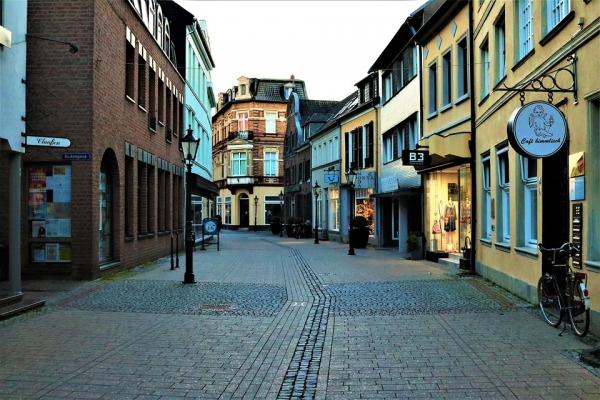When pandemic-related lockdowns grounded planes and brought car traffic to a near standstill in early 2020, transport emissions plummeted, leading to a drop in levels of a short-lived gas that scrubs methane from the atmosphere. The slump in travel helped fuel a spike in methane, a new study finds.
Nitrogen oxides, common pollutants from cars and planes, combine with water to form the hydroxyl radical, a chemical that breaks down methane, a highly potent heat-trapping gas. In 2020, transport emissions fell sharply, leading to a drop in levels of the hydroxyl radical.
That same year, methane levels rose by 15 parts per billion, up from 9.7 parts per billion the year before. The drop in transport emissions accounts for most of the growth, an estimated 2.9 parts per billion, modeling showed. The findings were published in the journal Atmospheric Chemistry and Physics.
Read more at Yale Environment 360
Photo Credit: Caniceus via Pixabay


